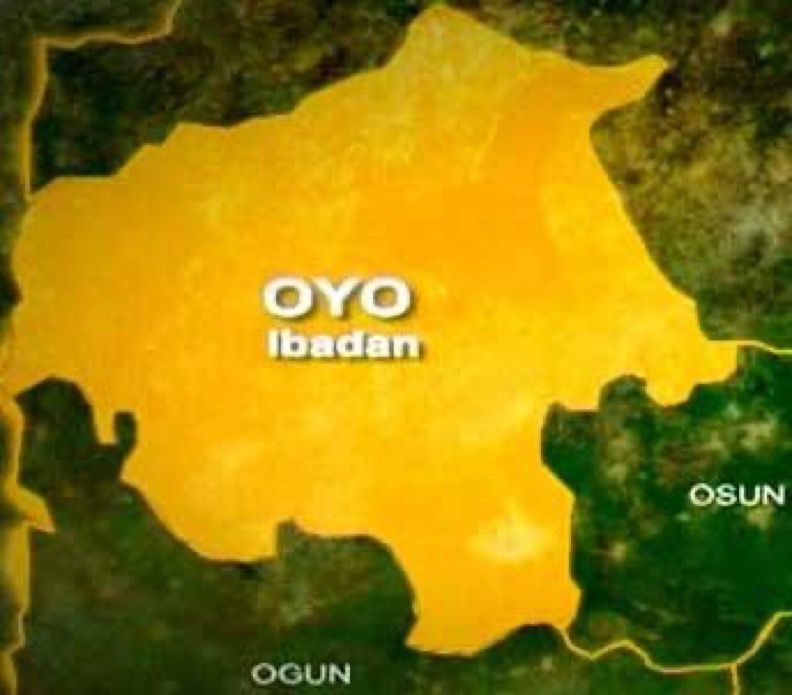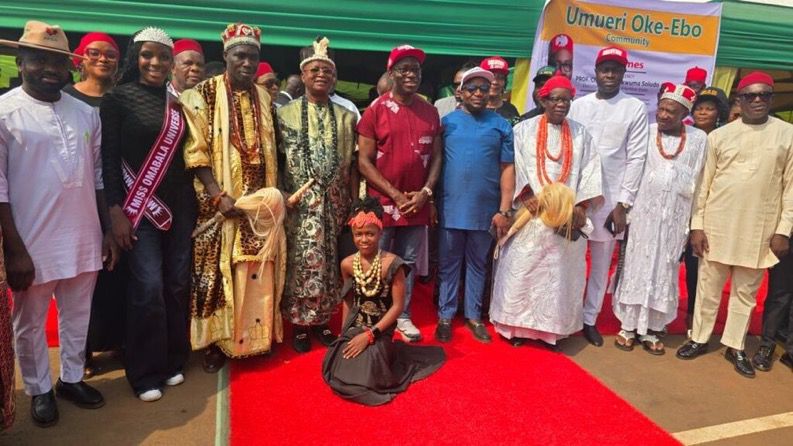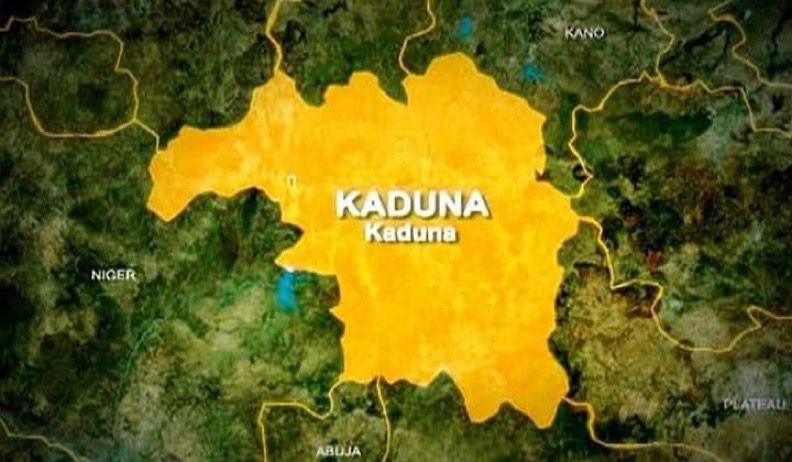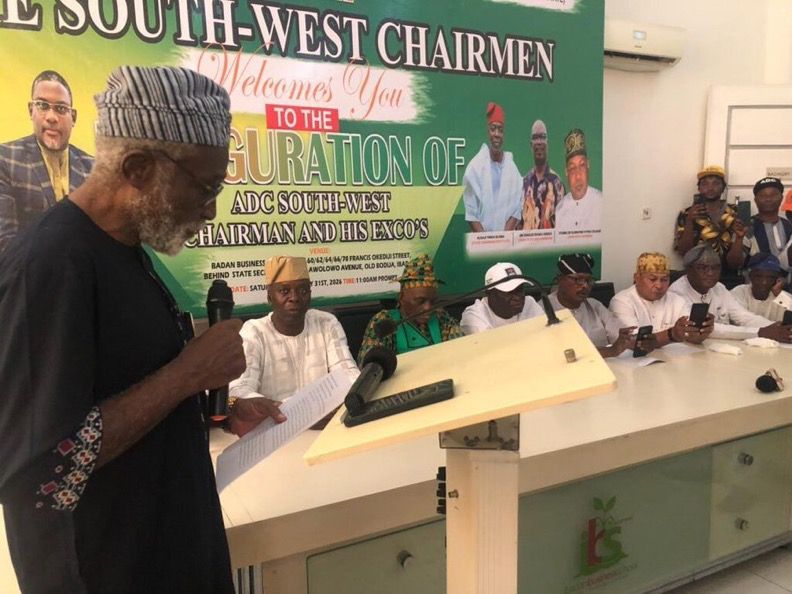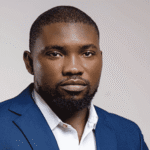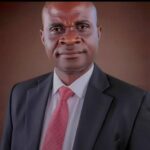WHO Urges Nigeria to Raise Health Spending to 20% for Stronger System
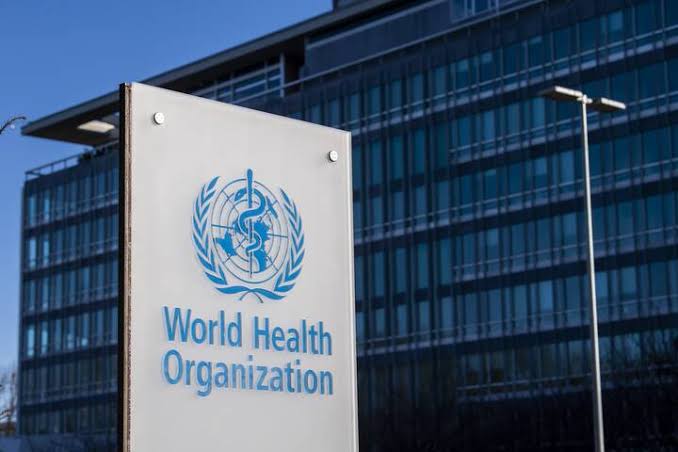
The World Health Organisation (WHO) has called on Nigeria to scale up public health spending to at least 20 per cent of total health expenditure, describing sustainable financing as the backbone of a resilient healthcare system.
WHO Regional Director, Prof. Mohamed Janabi, made the call on Thursday in Abuja during the National Health Financing Dialogue themed “Reimagining the Future of Health Financing in Nigeria.”
Janabi stressed that increased investment would reduce out-of-pocket spending, shield households from financial shocks, and strengthen health pooling and prepayment mechanisms.
He urged policymakers to adopt evidence-based decision-making, including cost-effectiveness and equity analyses, to ensure fair and efficient allocation of resources.
Commending Nigeria’s recent reforms, he said initiatives such as the Basic Healthcare Provision Fund, the National Health Insurance Authority Act, and the expansion of state-level insurance schemes were commendable steps forward.
“With more than 223 million citizens, how the country finances health is vital for the well-being of its people and the future of the continent. Healthier populations are more productive, more resilient to shocks, and better positioned to drive inclusive growth,” Janabi said.
The WHO official also pointed to parliamentary engagement through the Legislative Network for Universal Health Coverage and Nigeria’s equity and investment units as models that could inspire other African countries.
Speaking at the dialogue, the African Union Commissioner for Health, Humanitarian Affairs, and Social Development, Amb. Amma Twum-Amoah, urged African states to leverage their abundant resources to prioritise health security. She said robust health systems, backed by effective regulation and the African Medicines Agency, were essential to withstand pandemics, floods, and droughts.
She commended Nigeria’s approval of $1.7 billion for the HOPE Projects to strengthen governance, expand primary healthcare, and improve service delivery nationwide. “This reflects vision and courage. Indeed, Nigeria’s leadership is critical, and we look to you not to disappoint Africa,” she added, reminding participants of the Abuja Declaration of 2001 and the 2013 Abuja+12 Declaration, which committed African leaders to dedicate at least 15 per cent of national budgets to health.
Also speaking, the Permanent Secretary of the Federal Ministry of Health and Social Welfare, Ms. Daju Kachollom, described the dialogue as a launchpad for bold and coordinated action. She revealed that President Bola Tinubu had directed the Secretary to the Government of the Federation to issue a circular mandating all Ministries, Departments, and Agencies (MDAs) to implement health insurance, in line with the National Health Insurance Authority Act, 2022.
“You can be assured that the ministry will lead the charge from the front. Mandatory health insurance is here to stay,” Kachollom said.
The four-day dialogue, which ended on Thursday, brought together policymakers, development partners, civil society, academia, private sector actors, insurers, and the media.
The discussions focused on building a strong evidence base and data-driven strategies to translate high-level commitments into actionable policies for sustainable health financing in Nigeria.


